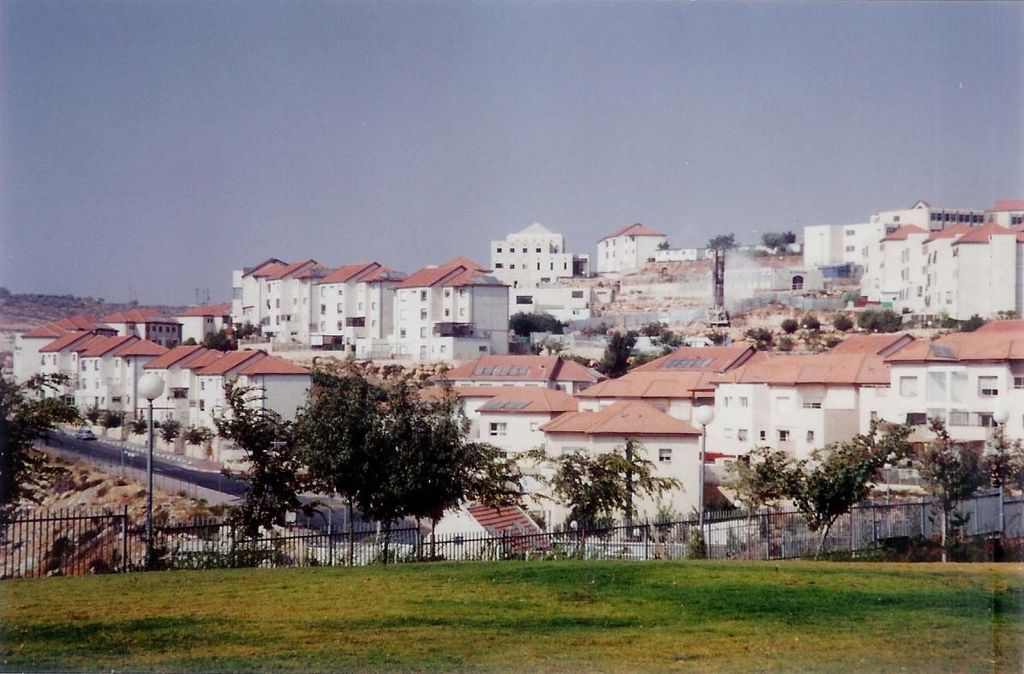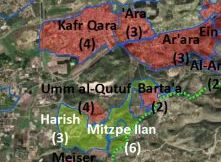Adalah demands cancellation of Israeli Communications Minister's decision regarding preferred areas for advanced internet networks, as it excludes Bedouin localities and unlawfully applies to the occupied West Bank
On 20 October 2021, Adalah - The Legal Center for the Arab Minority Rights in Israel sent a letter to Minister of Communications Yoaz Handel and to Attorney General Avichai Mandelblit demanding an immediate cancellation of the Communications Minister's decision regarding the determination of "preferred areas" for connection of fiber optics (advanced internet networks), and the tender for the deployment of fiber optics in certain priority localities. The tender and the minister's decision were made following the entry into force of Amendment No. 74 to The Communications (Bezeq and Broadcasting) Law, 1982, in January 2021.
After the Israeli telecommunications company Bezeq agreed to deploy and operate the networks for households in economically viable localities, the Communications Ministry decided about preferred areas for connection to advanced internet networks and published a tender for peripheral areas on 13 October 2021. As part of the tender, the Ministry designated certain localities as priority areas. The 244 designated localities are defined as threatened areas, and fall within the government’s 2018 decision defining "national priority areas" based on security considerations. The tender provides financial grants to different companies to encourage them to deploy the advanced networks to these localities, which are not included in Bezeq’s scheme.
Only seven Arab localities are included among the designated list of 244 localities, four of which are in the Occupied Golan Heights. The list does not include any Palestinian Bedouin villages in the Naqab (Negev). However, and notably, the Communications Ministry has included about 70 settlements in the Occupied West Bank in the priority list in the tender.
In the letter, Adalah Attorney Suhad Bishara argues that the overwhelming weight given to security considerations, and disregard for other considerations in prioritizing localities is extremely unreasonable. The Minister did not consider the socio-economic statuses of the localities or the need to close wide gaps among localities and populations – considerations that are part of the defined purposes of the outline plan according to the law. Attached to the letter, Adalah provided, as an example, a list of Israeli Jewish localities that will be connected to an advanced network according to the outline and the tender – although these localities have higher socio-economic rankings – that are also geographically close to the Palestinian Bedouin localities in Israel that will not benefit from the same infrastructure. Adalah emphasized that the exclusion of the Bedouin towns from the advanced network will inevitably lead to a widening of the existing, significant gaps in terms of education, healthcare, social services, and more. These gaps, including the ever-widening “digital divide”, were starkly revealed during the ongoing COVID-19 crisis.
Adalah also argued that the law does not allow the Communications Minister to decide on priority areas and publish a tender within the OPT. The authority to legislate in West Bank lies with the military commander, subject to the restrictions set forth in the international laws of belligerent occupation. Therefore, Adalah's emphasized that the Minister does not have the authority to issue the tender to include settlements in the West Bank.
The Israeli government’s decision on the designation of national priority areas, on which the Minister’s policy is based, was due to expire in September 2021. However, the government has extended the validity of the national priority areas designation for an additional five months. Adalah is challenging the governmental decision before the Israeli Supreme Court in a pending petition, as Palestinian Arab localities in Wadi Ara (in the center of Israel) were excluded from receiving enormous financial benefits and eligibility for development and housing benefits and land discounts. The Supreme Court has issued an order nisi ("order to show cause") in that case.
CLICK HERE to read the letter to the Minister of Communications [Hebrew]
Adalah Attorney Suhad Bishara stated:
“The government's priority policy for high-speed Internet infrastructure completely ignores the Palestinian Bedouin population in the Naqab, thus deepening the existing gaps, the discrimination against them, and the inequality in opportunities and services. After tens of thousands of Bedouin children could not participate in distance learning programs when schools closed during the pandemic, the Israeli government should have recognized the urgent need to provide these towns with adequate infrastructure. Instead, Minister Handel issued a tender with a list of affluent localities, which will absurdly benefit from these services, along with illegal settlements in the Occupied Palestinian Territory to which the Minister does not have the authority to grant benefits under the law. If the tender is not canceled or the policy reconsidered, we will consider appealing to the courts.”
Related press releases
















